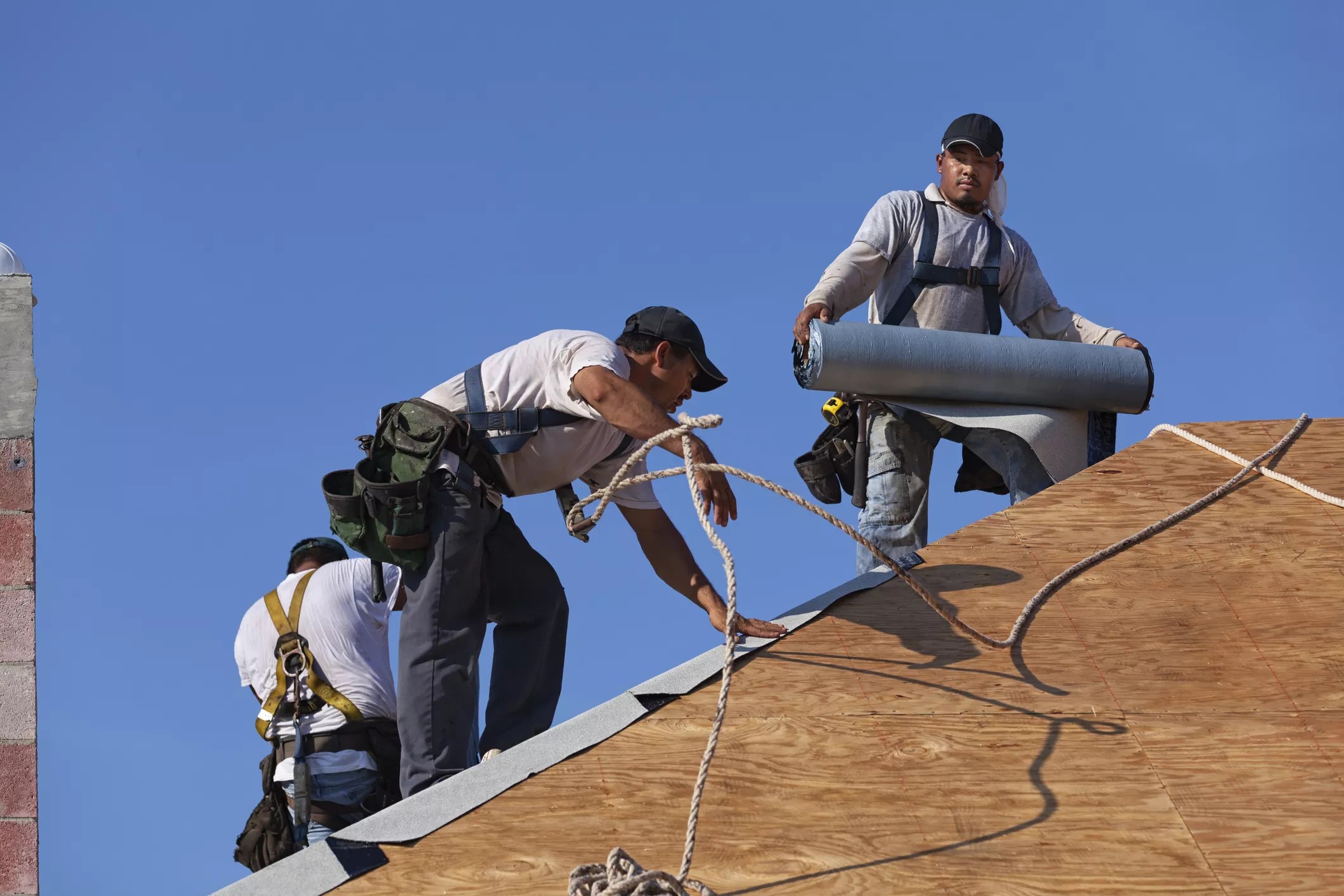
Getty Images

Audio By Carbonatix
The United States is known for being the land of opportunity, specifically for immigrants. Analyzing the labor market, these opportunities consist of high-risk and often physically demanding jobs. For immigrants, being employed most often comes at the cost of personal health as a consequence of poor working conditions. In addition, visa restrictions further ensure that such jobs are the most secure option for employment. If worker visa requirements deter from restricting immigrants from job opportunities and enforce safety in the workplace, then workplace injuries among immigrants will decline and the economy will see a positive impact.
According to results from a survey taken by the Pew Research Center, 77 percent of people surveyed believed that undocumented immigrants were working jobs that were considered undesirable by native workers. This survey shows that Americans agree native workers avoid the hard jobs and immigrants pick them up. As immigrants perform such physically demanding and hazardous jobs, they become exposed to 3-D jobs – dirty, dangerous and demanding.
Furthermore, it is common for workplace-related injuries or working conditions of immigrants to go unnoticed. For example, an immigrant worker by the name of Jose Manuel brought to light the daily risks that roofers experience while on the job; news of a co-worker falling off a ladder was common for him, possibly due to a lack of safety training. With these poor working conditions, immigrants will be exposed to more workplace injuries and future health risks. The best solution would be to invest in a safe workplace environment by providing personal protective equipment to employees and proper training. Without training and safety protocols, immigrant workers will be more susceptible to injuries and fatalities.
Power in the employer further grows as immigrants have to deal with the restrictions on worker visas; an H-1B worker visa is the most common. These worker visas are tied to one employer, and if the worker would like to change occupations then they must get the new potential employer to apply for a new worker visa. Applying for a new visa every time you want a new job could not only be risky, but costly if you’re not working, waiting for approval. There is a steady demand on both ends of the labor market as immigrants need jobs and employers need workers. However, harsh worker visa restrictions make it challenging for immigrant workers to find employment and fill the jobs employers are offering. With more immigrants working under the use of H-1B visas, employers would have the incentive to abide by workplace safety laws.
Will you step up to support Westword this year?
At Westword, we’re small and scrappy — and we make the most of every dollar from our supporters. Right now, we’re $20,500 away from reaching our December 31 goal of $50,000. If you’ve ever learned something new, stayed informed, or felt more connected because of Westword, now’s the time to give back.
Accountability would ensure that they are providing the proper training to workers and that the workers are being legally protected in the workplace.
President Donald Trump signed Executive Order No. 13,788 on April 18, 2017, which made detrimental adjustments to the H-1B visa program. The executive order changed the minimum requirements for entry. As an immigrant applying, you are required to be employed in a “specialty occupation,” commonly needing a certain level of higher education. With the restrictions and new rules being applied to H-1B visas, many immigrants are losing their jobs and might be unable to renew their visas, leading to a possible departure. The ultimate goal for the Trump administration was to keep the labor force in-house and American, ignoring the critical role that immigrant workers have on the economy. If the worker visa restrictions of the Trump administration continue limiting immigrants from working, this may negatively impact the economic growth of the country.
It would be beneficial for the employer, immigrants and country as a whole if visa restrictions were adjusted and made more accessible. It is plausible that prohibiting immigrant workers will have long-term effects on the country. The U.S. has one of the most difficult immigration processes in the world, incredibly outdated, paving the way to downfall in global economic standing. If changes are shifted to help out immigrant workers, providing better working conditions through legal employment, the economic events that follow will be beneficial to the country’s economy.
We should focus on changing the direction of H-1B visa requirements for approval and requiring employers to follow safety standards. As the population of immigrants working rises, with the flexibility to explore new employment opportunities, the U.S. will continue opening the door to innovation.
Antonio Rangel is the son of immigrant parents from Mexico and a recent first-generation graduate with a bachelor’s degree in economics from Metropolitan State University of Denver.
Westword.com frequently publishes commentaries on matters of interest to the community. Have one you’d like to submit? Send it to editorial@westword.com, where you can also comment on this piece.